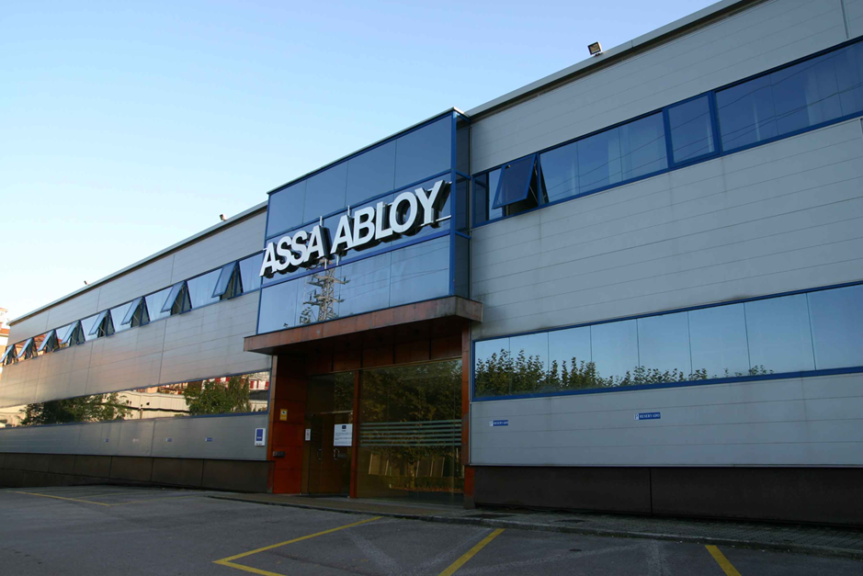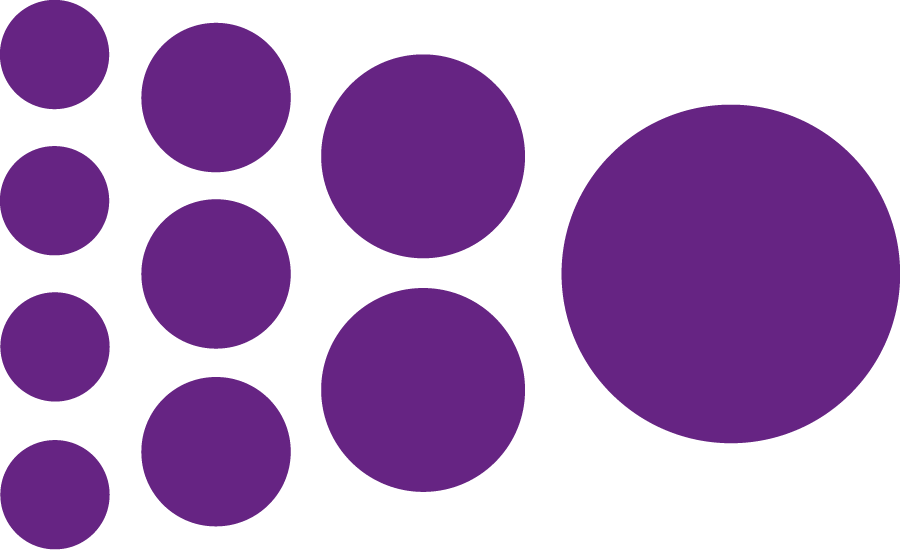The Adecco Group is a human resources solutions provider. It delivers recruitment, skills training, and technology consultancy to more than 100,000 clients in 60 countries. In 2021, the group placed 600,000 associates into client roles. But the world of work is changing. The pandemic has shifted work patterns, hybrid working has set new expectations among employees, and digital connectivity has widened the talent pool. The Adecco Group recognizes its clients want a workforce that is agile, productive, and motivated. The Adecco Group business must adapt to these changes.
The Future@Work strategy is The Adecco Group’s response. It aims to build the global Adecco brand and align business units around recruitment, skills, and technology. There will be a renewed focus on differentiation, digitization, and the customer experience.
“Of course, digitization can create a more connected business,” says Nicolas Gachet, global head of network special project, The Adecco Group, “but recruitment remains a human enterprise. We must retain a physical presence close to our customers.”
The group has 2800 branch offices globally, ranging from small offices housing five employees to larger sites with more than a thousand. New client projects mean a constant need to open new offices or close sites. “We have more than 15 percent of sites move in each country per year,” Nicolas explains.
THE CHALLENGE
Project DNA is The Adecco Group’s plan to transform how branch networks are delivered and managed. As the business becomes increasingly digital, it will form the foundation of how a global business promotes a consistent user experience. Network consistency will enable the group to shift to software as a service (SaaS) applications and move new workloads to the cloud. This will provide agility and capacity on demand.
“We knew we could reduce the time and effort of providing network services into each branch,” says Nicolas. “In terms of value to the business, we saw an opportunity to reduce cost, strengthen security, and reduce risk. This could be delivered while improving the user experience.”

THE SOLUTION
The Adecco Group’s Project DNA is built on Cisco SD-WAN, along with Cisco 1000 Series Integrated Services Routers (ISRs), Catalyst switches, and access points. It establishes a flexible, consistent network that best suits the demands of the business.
“We tested multiple vendors,” says Nicolas, “but the more we explored, the more we saw Cisco SD-WAN as being the best fit. It offered flexibility around our network topology, greater application performance visibility, more opportunity to automate, and the promise of zero-touch provisioning.”
To accelerate the rollout, The Adecco Group has defined templates based on six location profiles. “Each will have redundant internet access and the same network topology, but we can add more powerful routers, switches, and access points as needed.”
Further ahead, the aim is to segment the network to increase security and protect the company infrastructure. Cisco SD-WAN will also enable The Adecco Group to create specific secure networks for client collaboration projects.
The network design was carried out alongside Cisco in a lab. “We wanted to validate the design and avoid any surprises before starting an industrial rollout plan,” says Nicolas.
Cisco SD-WAN Cloud OnRamp for Multicloud was explored and tested. He adds: “We have Cloud OnRamp in our 2023 plans to extend Cisco SD-WAN to Microsoft Azure cloud.”

ESTABLISHING THE FOUNDATIONS OF A DIGITAL FUTURE
The project establishes the foundations for Adecco’s digital future. Once complete, the international group will have a consistent, redundant, and high-performing network that can be deployed quickly and with minimal management.
“We’re less than halfway through a three-year program, and we’ll have 1500 out of 2800 locations on Cisco SD-WAN by the end of 2022,” says Nicolas. “We’re deploying to multiple countries in parallel, with around 20 new locations on board every week.”
Nicolas and team continue to build metrics, but he says that the signs of progress are already evident: “We’re looking at average cost savings of between 30 and 50 percent with SD-WAN versus Multiprotocol Label Switching, but some countries are seeing savings as high as 85 percent. However, the real benefit is that we are improving network performance for our business and simplifying our operation with a single network across the globe.”
The time to provision a new location has been slashed. If required, a small office adjacent to a client project could be online within 24 hours connected via 4G, says Nicolas. While never standard practice, it does speak to the agile mindset of the new Adecco.
Network consistency also strengthens network security. “We now have full segmentation of our branch operations and much firmer network access control,” Nicholas adds. “We’ve strengthened our borders.”
By being able to segment the network, it will be easier for The Adecco Group to establish secure collaboration with clients and third-party suppliers, location by location.
Of the user experience, Nicolas says that the absence of complaints tells him everything is performing well. “Prior to Cisco SD-WAN Analytics and [Cisco SD-WAN] Cloud OnRamp for SaaS, we had no way of monitoring performance between locations, or setting meaningful service levels. Today, we have complete visibility of network performance. We can set service baselines and detect issues before they impact users.”
Looking further ahead, the network also provides the ideal platform for integrating Akkodis, Adecco’s technology consultancy and a major part of the group’s growth plans.
“The future,” Nicolas says, “will involve more automation and a greater number of software-defined infrastructure elements. The emphasis has to be on efficient operations, allowing the group to channel IT investment into revenue-generating projects.”
“The business needs to adapt and be agile to the market needs,” Nicolas states. “We still need a global presence while shifting to digital and need to be as flexible as possible.”














